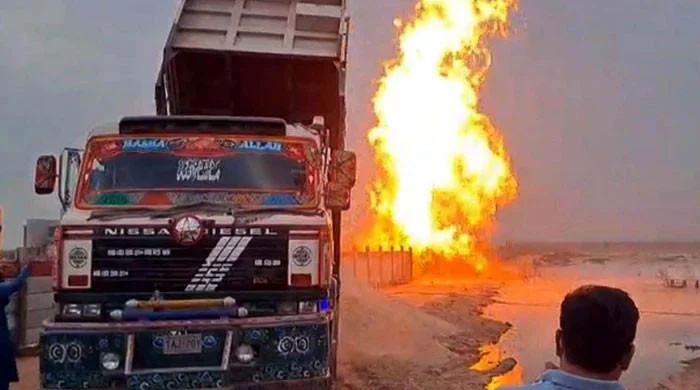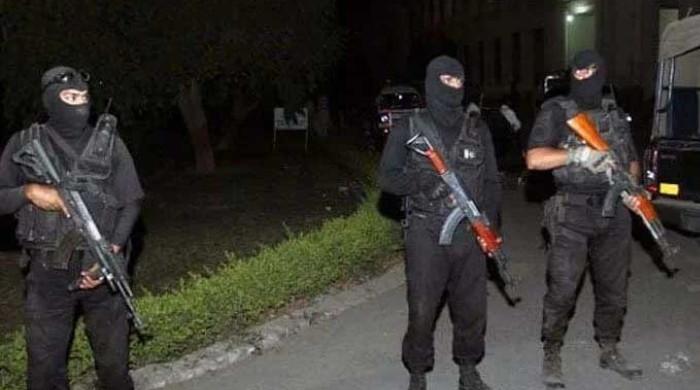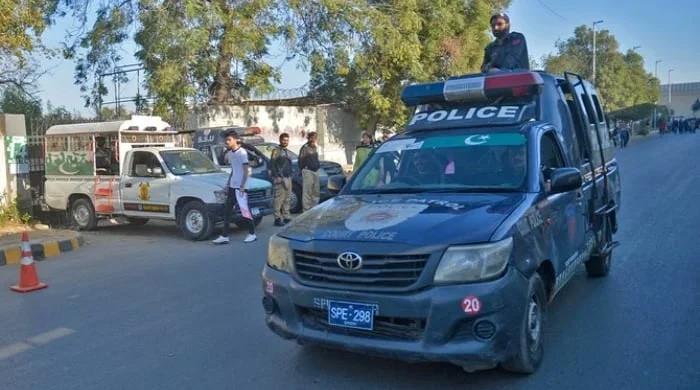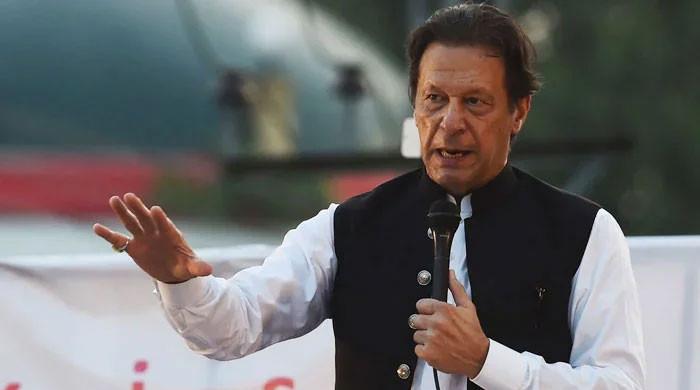Pakistani climate defender Ayisha Siddiqa named among Women of the Year 2023
Ayisha Siddiqa became a climate and human rights defender after being a personal victim of climate change
March 03, 2023

American magazine Time issued on Friday a list of women of the year in which Pakistan's climate defender Aiysha Siddiqa's name is also included in it.
The Time magazine also announced names of women from Mexico, Iran, Brazil, Ukraine and Pakistan among other countries who have been prominent and exceptional in different fields such as politics, human rights, and arts, in its 2023 list.
Coming from a tribal community in Northern Pakistan, Siddiqa became a climate and human rights defender after being a personal victim of climate change. She realised at the age of 14 that the environment around her is not safe.
Siddiqa is considered a potent voice in Climate change activism. Last year, she also addressed the 27th session of the Conference of the Parties to the UNFCCC (COP27) in Sharm El-Sheikh Egypt and shared her poem "So much about your sustainability, my people are dying."
As a climate sustainability worker, she started her activism at the age of 16 and for 24 years she has been highlighting the impact of climate change problems occurring all around the world with special emphasis on the least-income countries that are bearing the major brunt of climate change.
In 2020, she co-founded an international climate youth coalition named "Polluters out" and started a climate training course under the name "Fossil free university."
While speaking with the magazine she noted: "I was raised with the idea that Earth is a living being. She gives life to you and in return, you have a responsibility. We have reached a point where we are collectively ignoring the cries of mother earth. This is how the climate crisis is linked to women and girls because of the same structures that are abusing, hurting, and taking without consent."
"This is how we treat planet earth. This is how we treat the very thing which gives us life", she noted.
Siddiqa highlighted that she had lost one family member after another over a course of 10 years, due to polluted water. She also said that one starts analysing why people are to be killed for resources.
"I was absolutely shocked by the human rights violations. Violence is linked to climate defenders and people just trying to as for clean air and water", the climate defender highlighted.
The activist emphatically noted with reference to last year's flooding in Pakistan: "In South Asia, climate change disproportionately affects women. When people are displaced, women have to go get water, raise the children, women have to find work. There were 60,000 women that were pregnant during August and we didn't have enough haemoglobin, collectively, to save them."
When they were giving birth, lots of mothers lost their lives, she added. We are reaching the climate crisis with a very global north lens, she said.
Siddiqa also said that when people live under an unstable government they cannot eliminate climate pollution because unstable states do not function properly and one cannot go and ask the government to do better.
"We need to think more dynamically about the solutions. The majority of the world that is facing the effects of climate change is actually citizens of unstable governments.
"This is what we have to critically apply as part of the equation when we think of climate solutions when we think of legal solutions, economic and technical solutions," Siddiqa noted.
We need to do it fast, she said.
The Pakistani climate activist said when the naturally resourced countries would not able to provide raw materials to the industrialised countries the global north will collapse.
"One thing that climate crisis teaches us is we are in this together. We need to think of this crisis as a collective global crisis. We cannot be individualistic anymore. It will not work, she remarked.











